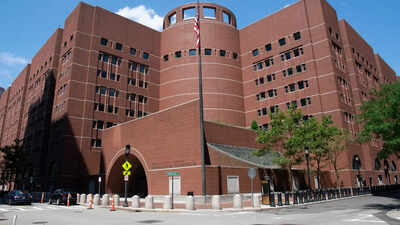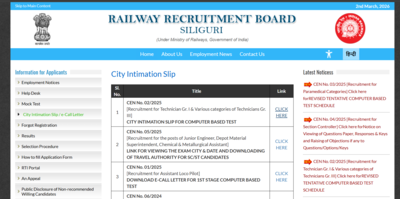What’s really behind Harvard’s clash with the US government over federal funds?

Harvard University is currently embroiled in a legal battle with the US government over the freezing of nearly $3 billion in federal funding. The dispute centers on allegations made by the Trump administration and the University’s response through a federal lawsuit.The courtroom hearing, taking place in Boston’s Seaport District, represents a key moment in the case. The proceedings involve oral arguments over whether Harvard can recover federal research funds that were withheld following the administration’s imposition of specific conditions tied to hiring, admissions, and oversight.Background of the lawsuit and key issues at stakeThe legal conflict began in April when the Trump administration sent a letter to Harvard President Alan M. Garber outlining conditions for continued federal support. These included structural reforms to increase “viewpoint diversity” and audits of various academic units, as reported by The Harvard Crimson. In response, Harvard filed a lawsuit arguing that the administration’s demands violated the First Amendment and bypassed formal legal procedures for terminating federal funding.Following the University’s legal challenge, the administration halted more than $2 billion in federal grants. According to The Harvard Crimson, the government escalated further by adding hundreds of millions in additional cuts and warning that Harvard would no longer receive future grants.Federal agencies involved and legal grounds citedEleven federal agencies are named as defendants, including the Department of Health and Human Services, the National Science Foundation, and the Department of Defense. Harvard argues that the Trump administration’s funding freeze violated the First Amendment by attaching viewpoint-based conditions to funding. The University also cited the Administrative Procedure Act (APA) and Title VI of the Civil Rights Act, stating that the government failed to follow the necessary steps before terminating grants.Title VI typically requires a hearing, two formal notices, a 30-day pause, and a failed attempt at voluntary compliance. Harvard contends that none of these steps were followed before the April funding freeze.
Allegations of antisemitism and racial biasAccording to the Trump administration, the cuts were prompted by Harvard’s alleged failure to adequately address antisemitism and racial discrimination against white students. As reported by The Harvard Crimson, several federal agencies referenced findings from a task force on antisemitism, which described incidents of social isolation and discrimination faced by Jewish and Israeli students.Harvard, however, maintains that it has implemented significant measures, including the formalization of protest policies and expanded academic programs on Jewish and Israeli history. In a court filing cited by The Harvard Crimson, the University said the 2,000-page administrative record submitted by the government failed to show a proper investigation into antisemitism on campus.Ongoing impact and future implicationsThe funding cuts have already disrupted research at Harvard, halting projects in cancer and rare disease treatment and prompting layoffs and hiring freezes. According to The Harvard Crimson, the University requested a summary judgment in early June to resolve the case before the federal government’s September 3 deadline for fulfilling financial obligations related to canceled grants.The Trump administration has argued that the case belongs in the Court of Federal Claims, which could delay a final ruling. Meanwhile, discussions between Harvard and the White House have not resulted in a settlement.Judge Allison D. Burroughs is presiding over the case. Though a final ruling is not expected immediately, the court’s decision will have significant implications for the University and federal oversight of higher education.TOI Education is on WhatsApp now. Follow us here.





